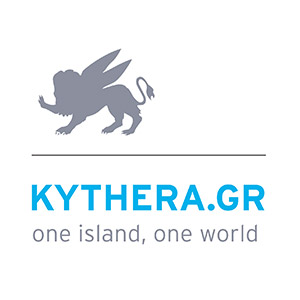- Arrival of persons at the checkpoint.
- Passport and customs control are carried out.
- Transfer to the area where screening personnel is located. Travellers are requested to show their QR code either on their mobile phone screen or in print.
- Screening personnel direct travellers, depending on their QR code, either to the screening area where they will be tested for the new coronavirus SARS-CoV-2 by a trained health team or to the exit. Upon completion of the screening, tested travellers are also directed towards the exit.
- The screening results are expected to become available within 24 hours. In case of COVID-19 symptoms, medical advice and/or contact with the National Public Health Organization (EODY) Operations Centre should be immediately sought. Only in case they test positive, the authorities will contact them and proceed with the health protocol in place. Otherwise and after the 7-days self-isolation, they may continue with their holidays, adhering to the general public health safety guidelines.
- If travellers plan to have multiple stop-overs in Greece, they must declare this and report their initial destination and their travel itinerary for the next 7 days.
- All travellers entering Greece through any land border station, are obliged to present upon arrival a negative molecular test result (PCR) for COVID-19, performed up to 72 hours before their entry to Greece.
- Travellers should be laboratory tested with RT-PCR of oropharyngeal or nasopharyngeal swab.
- Only travellers who carry a certificate of a negative RT-PCR test result will be allowed by the border authorities to enter the country. The certificates should be written in English and bear the name and passport/national ID number of the traveller.
- The Laboratories that perform the RT-PCR testing should be:
- National Reference laboratories
- National Public Health Laboratories or
- Private laboratories which are accredited from the respective national accreditation authorities (not necessarily specifically for COVID-19).
- Certificates that do not fulfill the above criteria will not be accepted. Certificate forgery is punished by Greek Law.
- Travellers will still have to complete and submit their PLF form and may be subject to random testing upon arrival to the Greek border.
All travellers must comply with all of the necessary preventive hygiene measures (use of masks and physical/social distancing) according to local guidance.

